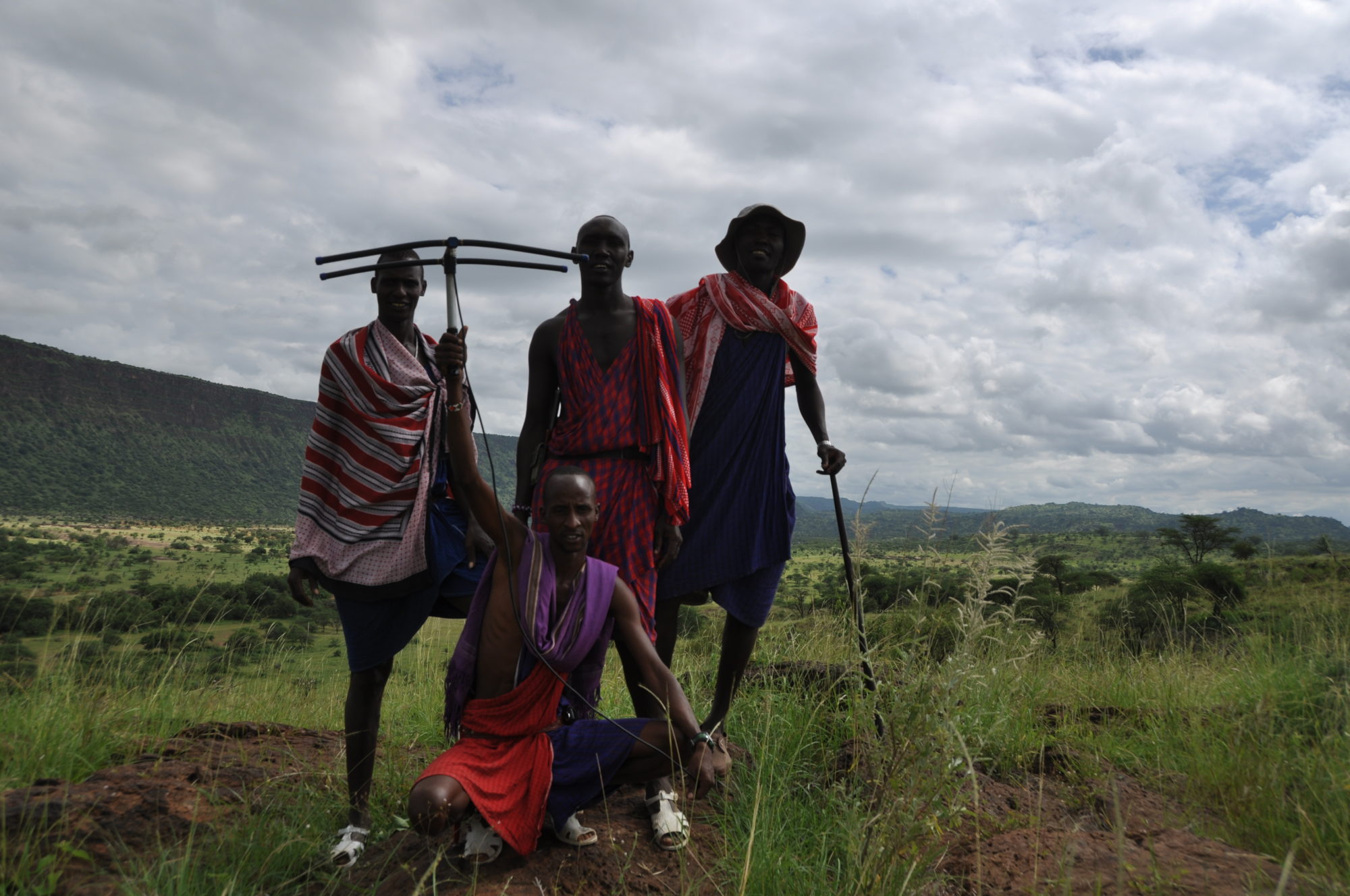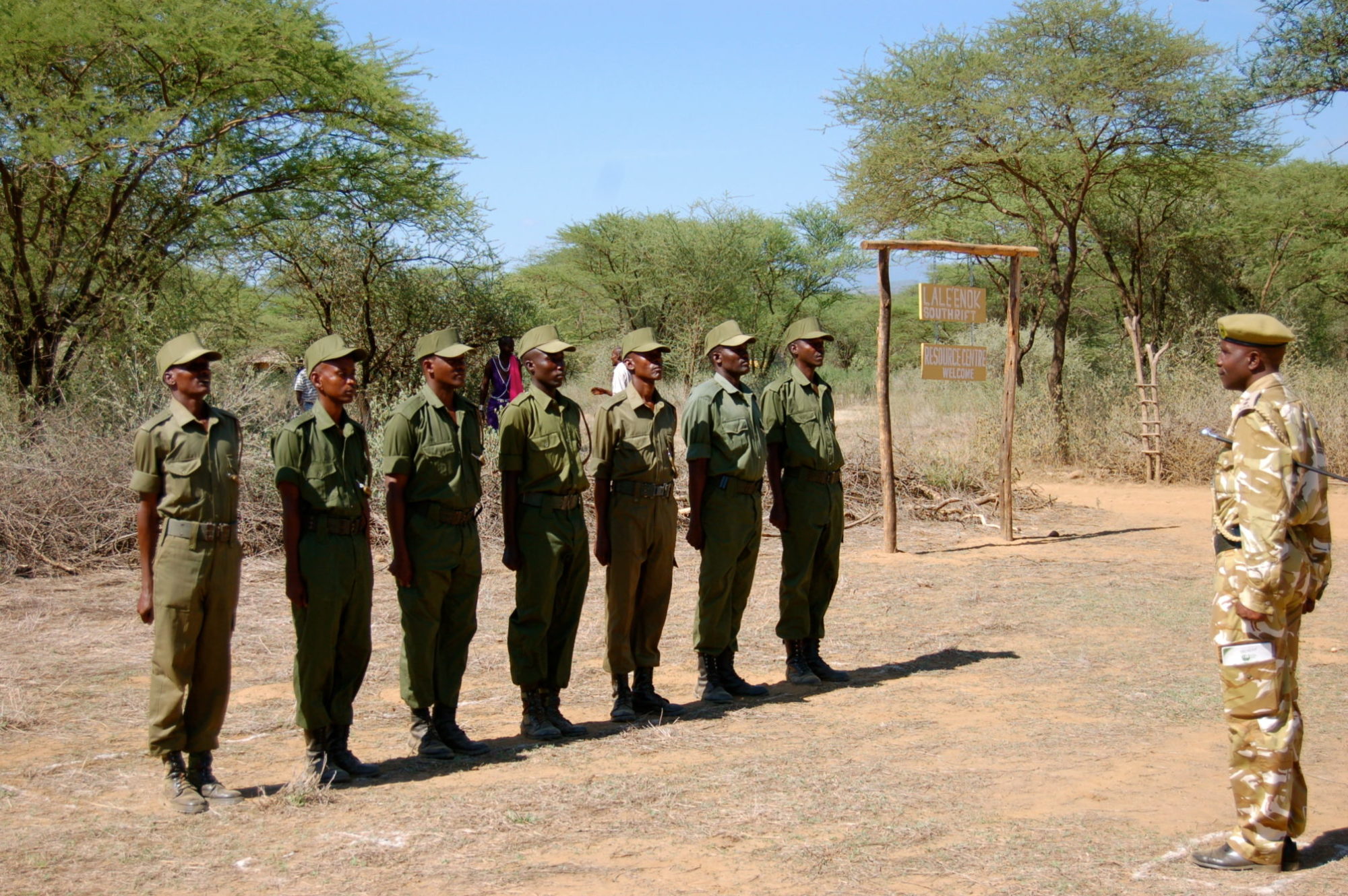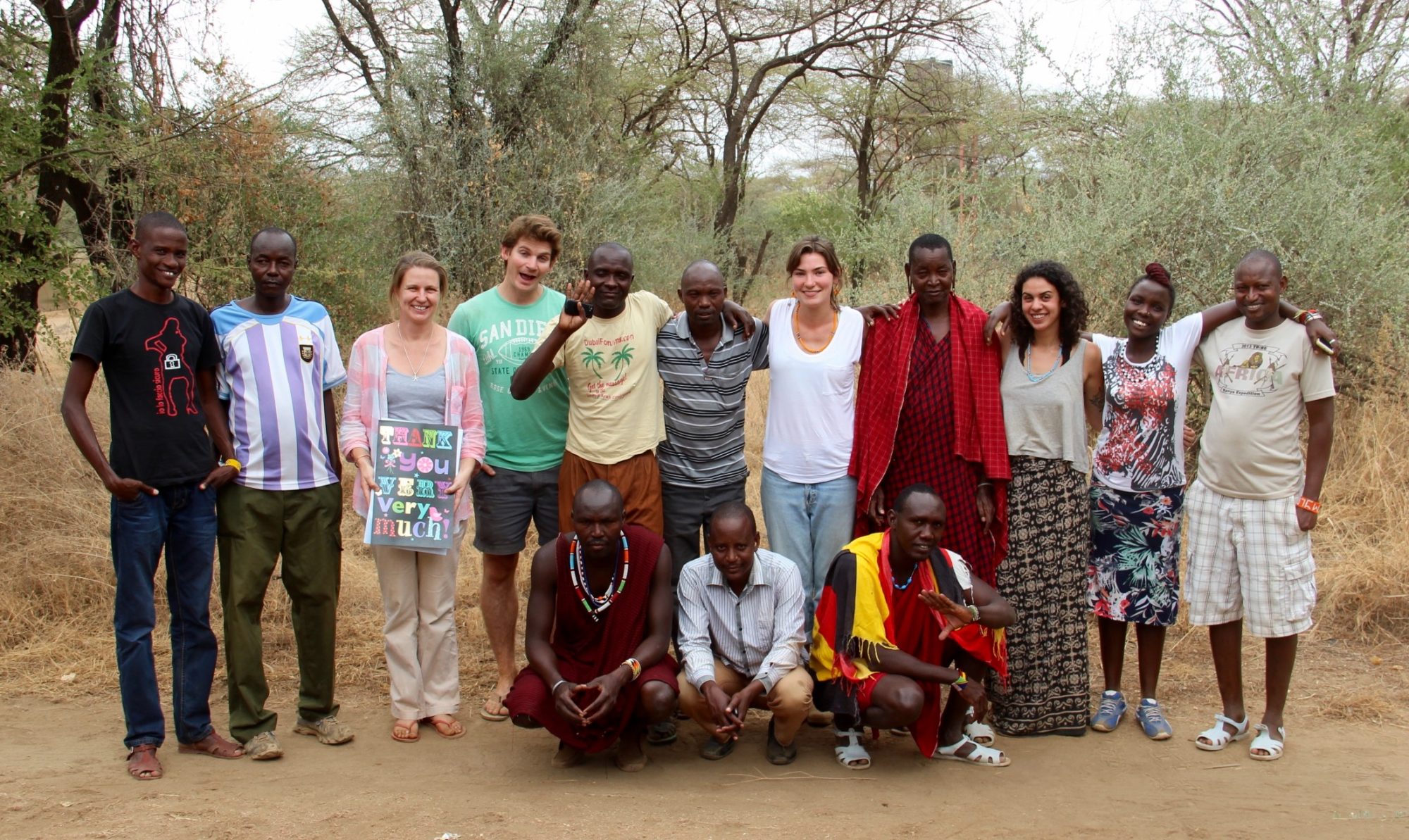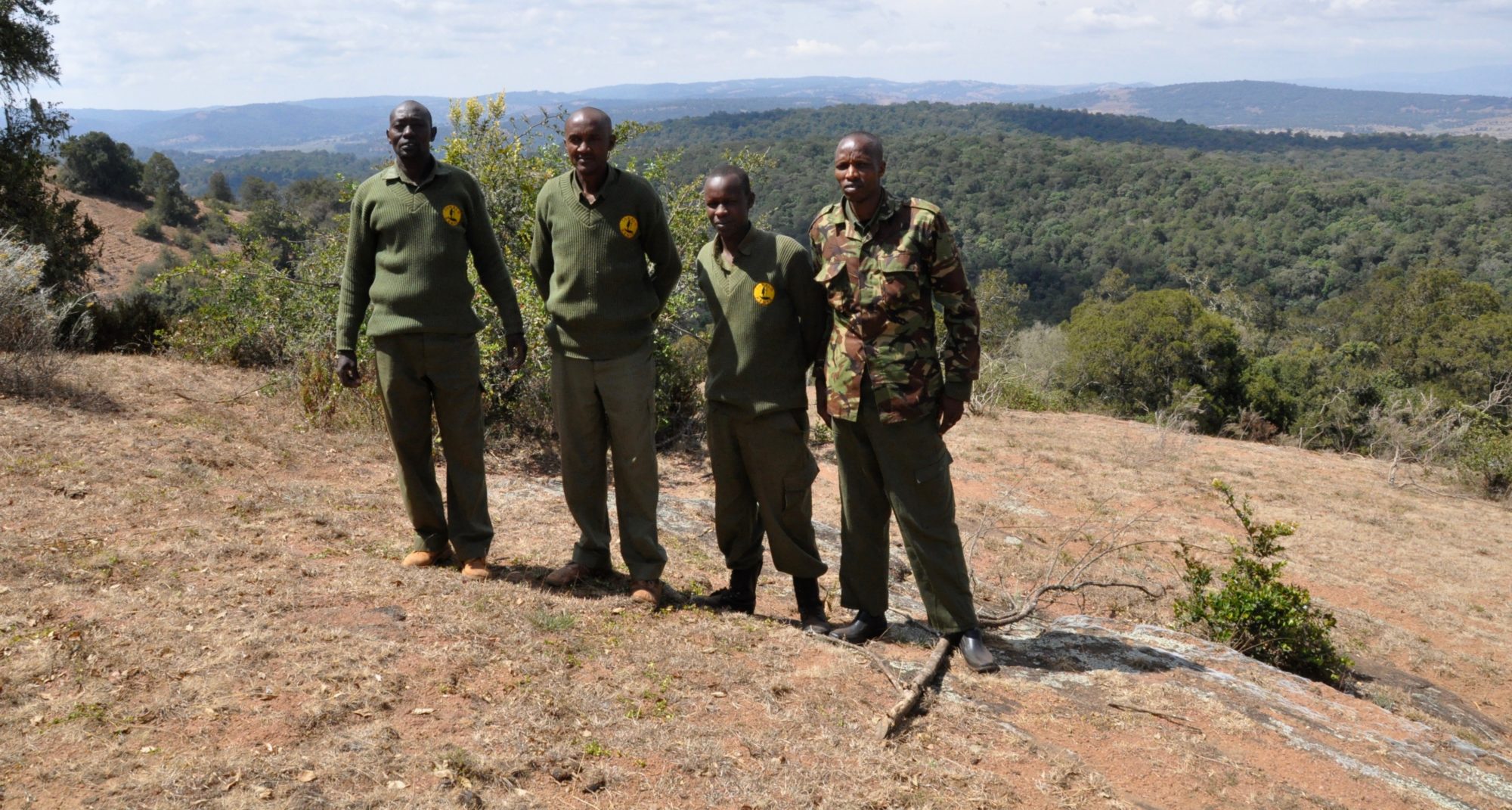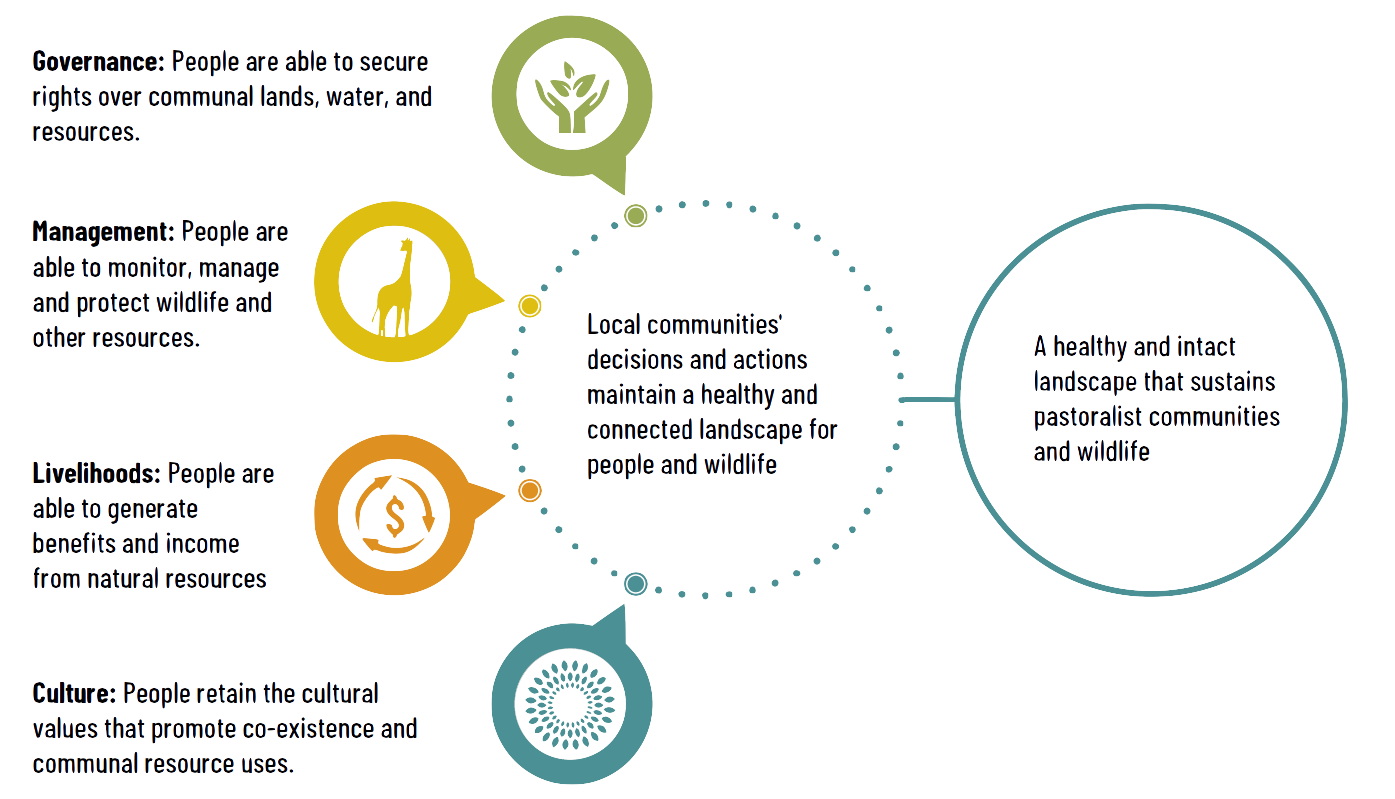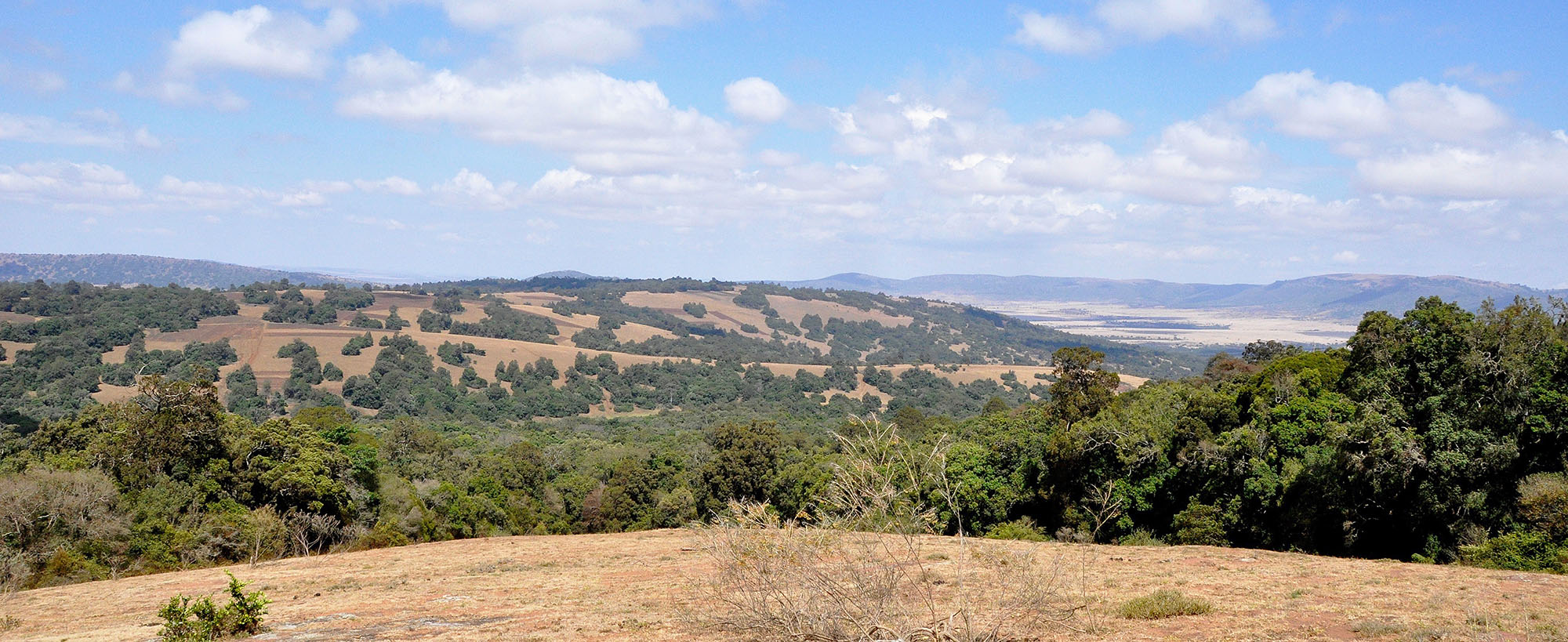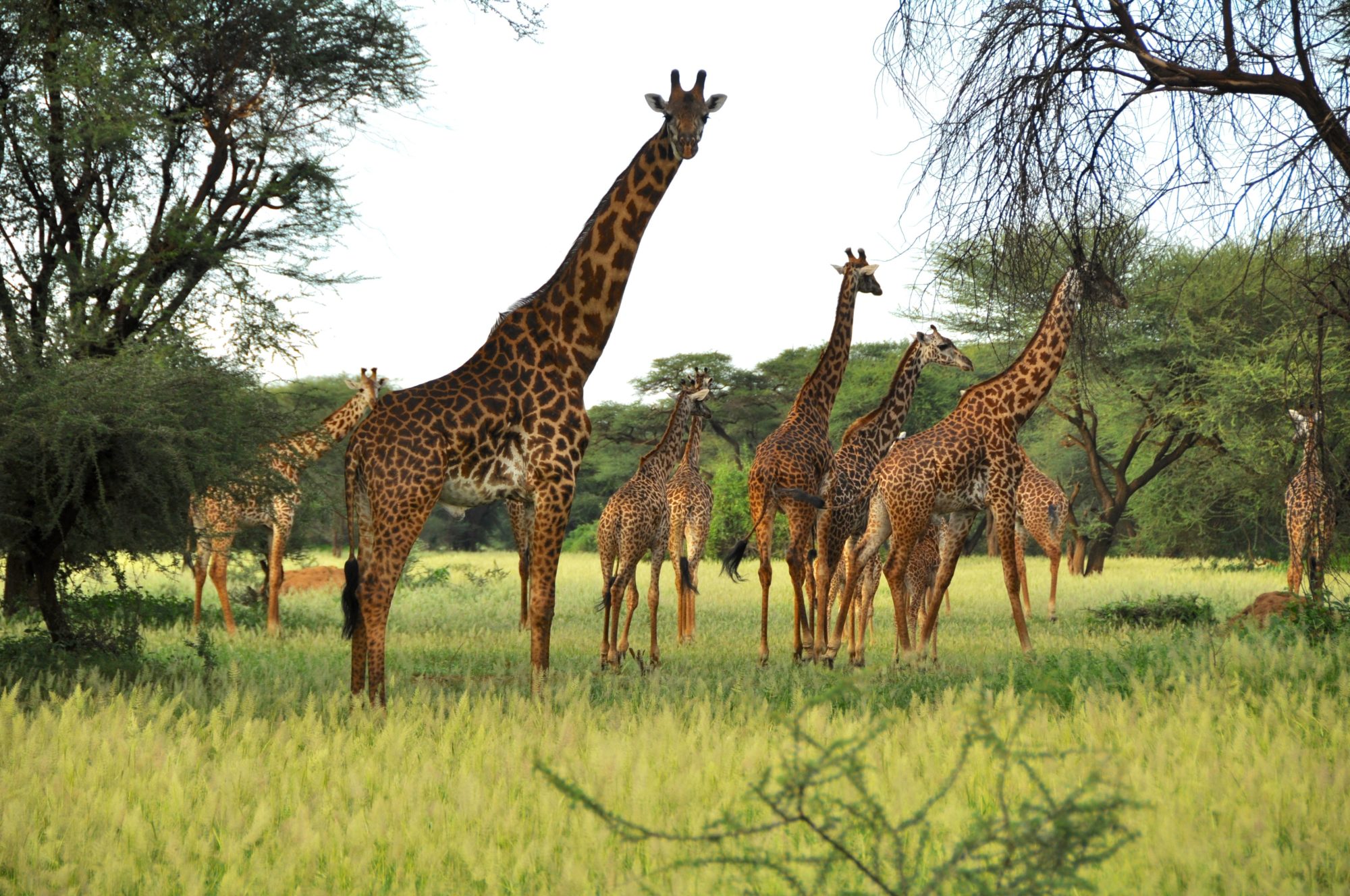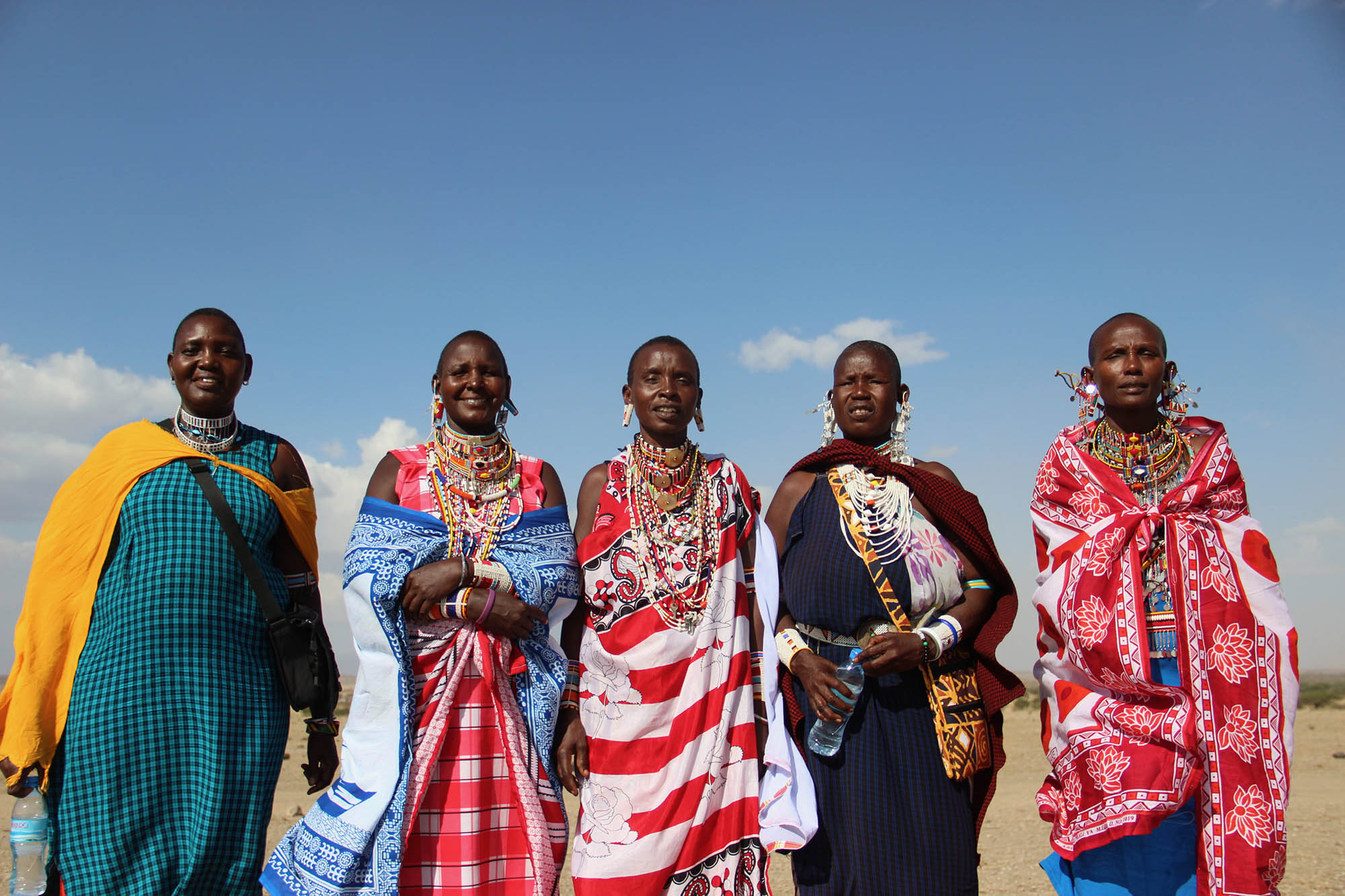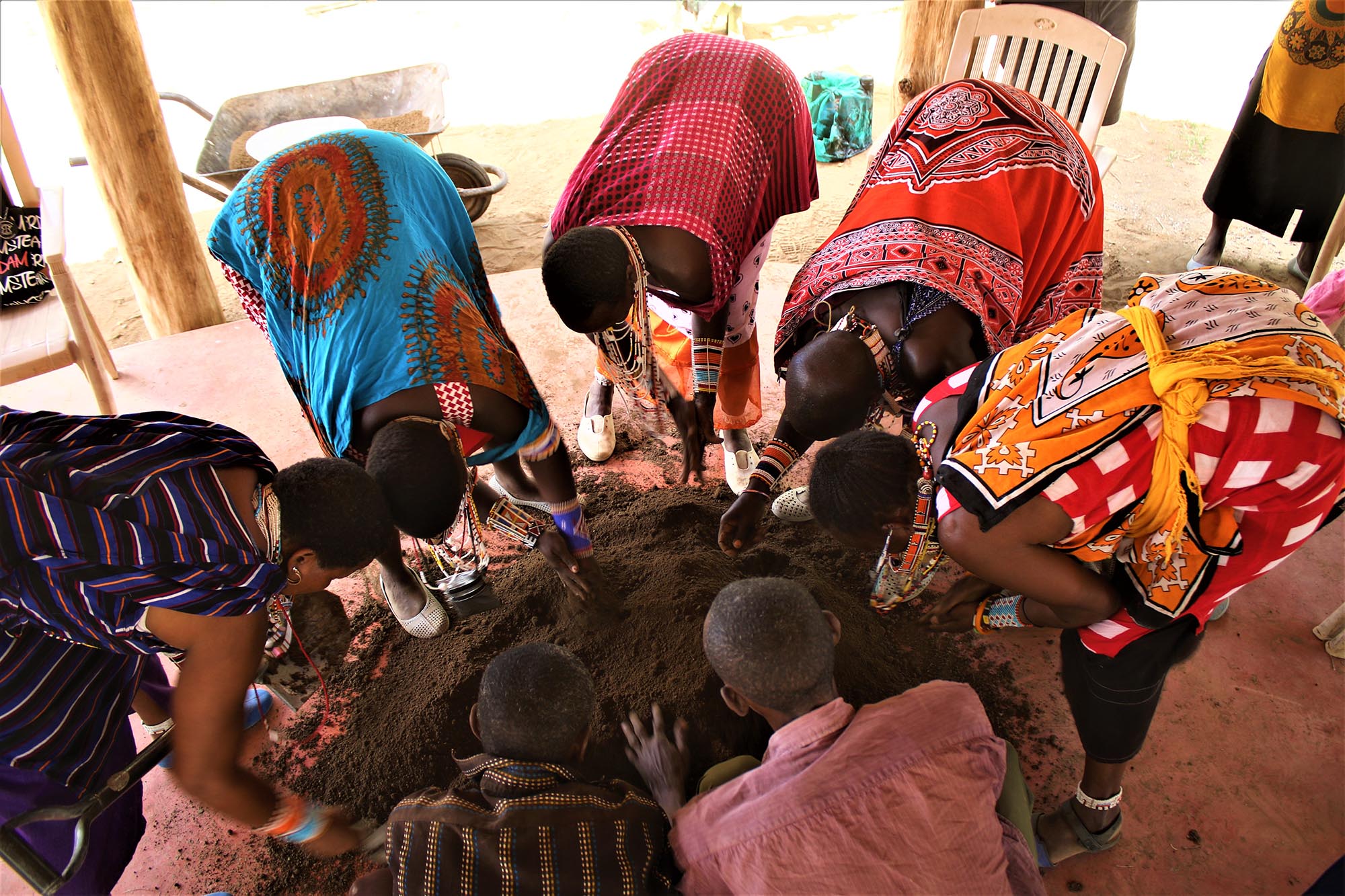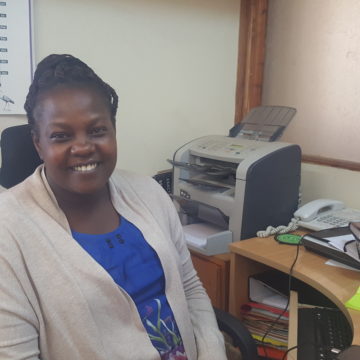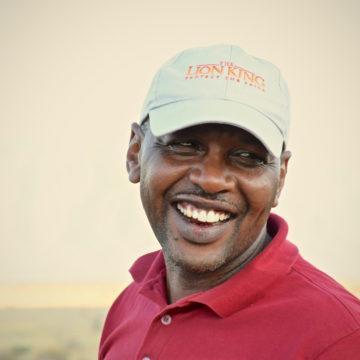
John Kamanga
Co-Founder and Director
Born and raised as a Maasai pastoralist in the Southern Rift valley, John has a profound understanding of the challenges that coexistence between wildlife and people brings. He was fortunate to have had both a traditional pastoralist upbringing and also a solid grounding in formal education with degrees in both Community Development and Anthropology. Twenty years ago, he was elected as leader of his Maasai community (the people of Olkiramatian) and was able to support the development of their community conservancy, and supporting governance systems before handing over office last year. Over twelve years ago, he co-founded SORALO, in order to help many more communities facing the same issues of land security, livelihoods and living with wildlife.
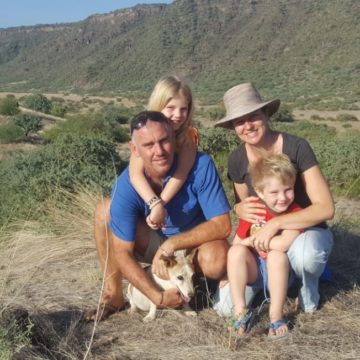
Samantha Russell du Toit
Programmes Coordinator / Head of Information for Action
Samantha has worked with SORALO since its creation in 2004. She helped to establish the Lale’enok Resource Centre, coordinating long-term research activities, short-term internships and supporting our Education Outreach efforts. She has recently taken on the role of coordinating all our programmes, which has meant her work now involves fundraising, communications and general coordination. She splits her time between Nairobi, the Lale’enok Resource centre, and her husband’s toursim camp. Her two children travel with her wherever she goes.
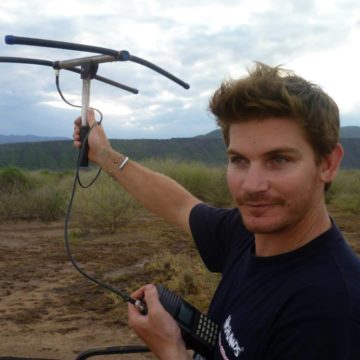
Guy Western
Head of Conserving Coexistence
Since 2010, Guy has spearheaded the establishment of Rebuilding the Pride. Recently completing his PhD, Guy combines his experience and expertise to lead our Conserving Coexistence programme, where the teams of the community Game Scouts and Rebuilding the Pride join together to help communities to coexist with wildlife across the SORALO landscape.
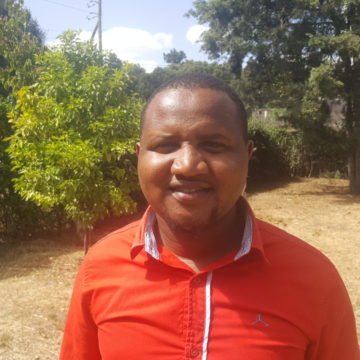
Parashina Lampat
Head of Protecting Open Rangelands
Parashina heads our rangelands governance programme that focuses on securing and strengthening communities rights to land through strong and effective local governance institutions. In particular, he is spearheading the development of land use plans for communally shared lands within the SORALO landscape. He has also been in charge of the cattle breeds improvement projects initiated in Loita, Naroosura and Namanga regions within the SORALO Landscape.
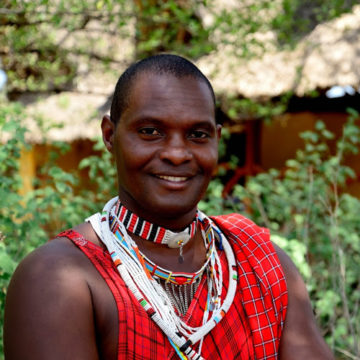
Joel Njonjo
Lale’enok Camp Manager / Head of Education Outreach
Joel Njonjo, born and raised in Olkiramatian, started his life with SORALO as one of the first people to habituate a local troop of baboons for research and tourism. He then developed a passion for working within the local schools, and heads SORALO’s education outreach work, under the Information for Action programme. He also runs the Lale’enok Resource centre.
